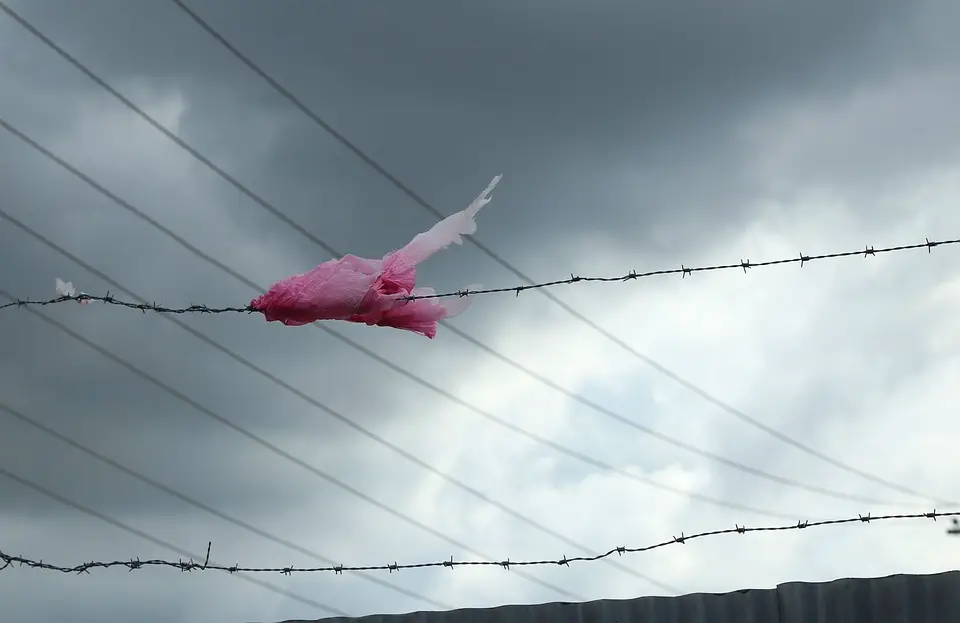As Poslovni Dnevnik writes, since this year, the use of light plastic bags has been banned across Croatia because they can’t be used more than once, while very light (usually transparent) plastic bags, which we most often use when buying fruit and vegetables, have remained in use. However, due to the excessive use of these bags, which after one-time use often end up being discarded in nature or on the streets, a fee for them will also be introduced in Croatia from next year.
“The price of these bags will be determined by the merchants themselves, and the purpose is to reduce their overall use. They now have the label ”use them sparingly” on them in an attempt made to influence consumer habits. However, now the bags will have a label on them indicating their cost, so that customers know that they need to pay for them,” said Sanja Radovic, head of the Sector for Sustainable Waste Management of the Ministry of Economy and Sustainable Development for HRT.
In addition to the above, a new Croatian recycling process is coming. The new regulation will change the labels printed on returnable items such as plastic bottles, which currently amounts to 50 lipa. As of next year, that price will be calculated in cents with Croatia’s transition to the euro.
“The new regulation, which will enter into force next year, will then determine the actual amount for the refund in euros (cents). The second thing is that this system is being extended to include other packaging, it still only regards bottles, however, instead of the limit we had now of two decilitres equal to or greater, the lower limit will no longer exist, and the upper limit will be three litres for such packaging for drinks,” explained Sanja Radovic when discussing the new Croatian recycling rules for 2023.
Another piece of news is that milk, which is sold in tetrapacks, will also receive a label for return compensation/recycling.
“Croatian companies, as we’ve seen, mostly adapt to the current situation on the market by looking for solutions. What we can see is that they tend to incorporate a greater proportion of recycled materials into their final product(s). On the market at this moment in time, we have a situation where those prices have become higher than the basic raw material,” said Ana Falak, the director of the Chemical Industry Association from the Croatian Employers’ Association (HUP).
These new bans and new Croatian recycling rules will directly affect production cuts and jobs next year.
For more, keep up with our news section.









